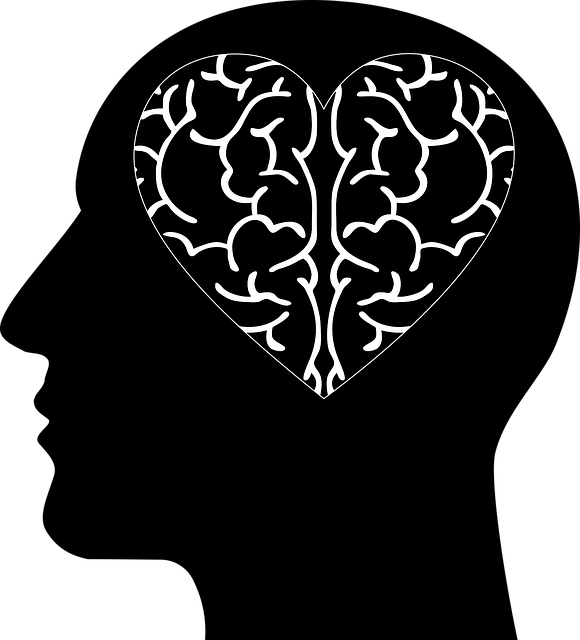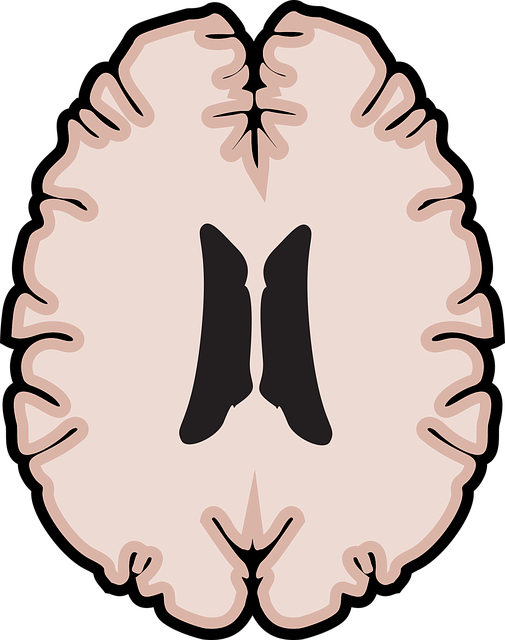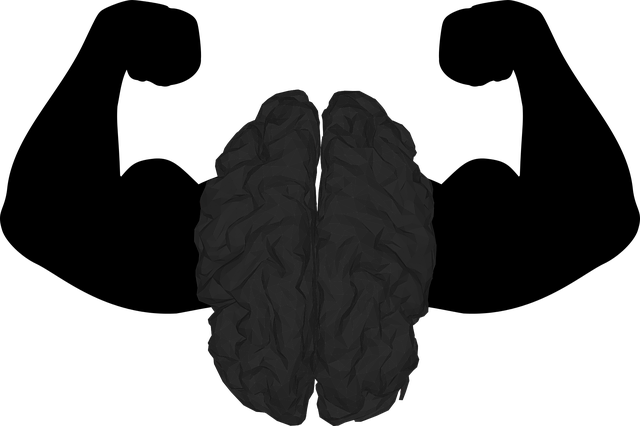Castle Rock Self-Esteem Therapy (CRSET) offers a powerful, evidence-based approach to crisis intervention, focusing on building self-esteem and resilience. By identifying personal and environmental distress triggers, CRSET equips individuals with tailored coping skills through mental health education and conflict resolution techniques. This holistic therapy supports clients post-crisis, providing personalized interventions, trauma-focused care, and risk management strategies for both clients and therapists. Integrated into community outreach and risk assessment frameworks, CRSET proactively prevents severe mental health crises, enhancing support systems and promoting long-term well-being.
In times of crisis, effective intervention strategies are vital to support individuals and communities. This article guides you through a comprehensive approach to managing crises, focusing on the power of Castle Rock Self-Esteem Therapy as a core strategy. We explore the signs and triggers that indicate a crisis, offering practical tips for intervention. Additionally, we delve into post-crisis support, emphasizing resilience-building techniques. By understanding when and why crisis intervention is necessary, readers will be equipped to navigate challenging situations, leveraging Castle Rock Self-Esteem Therapy’s effectiveness.
- Understanding Crisis Intervention: When and Why It's Necessary
- The Role of Castle Rock Self-Esteem Therapy in Crisis Situations
- Identifying Signs and Triggers: Recognizing Personal and Environmental Cues
- Practical Strategies for Effective Crisis Intervention
- Post-Crisis Support and Recovery: Nurturing Resilience and Well-being
Understanding Crisis Intervention: When and Why It's Necessary

In today’s fast-paced world, individuals often face a myriad of challenges and pressures that can escalate into crises. This is where Castle Rock Self-Esteem Therapy plays a pivotal role in providing crisis intervention strategies. Crisis intervention is a crucial process designed to offer immediate support and guidance during times of intense emotional distress or disruptive life events. It aims to help individuals regain control, make sense of their situation, and develop effective coping mechanisms.
When faced with a crisis, whether it’s a sudden loss, financial hardship, or severe depression prevention challenges, individuals may feel overwhelmed and unable to cope. Here, the implementation of evidence-based crisis intervention techniques becomes essential. These strategies focus on immediate relief, stability, and empowering individuals to navigate through their crises. By addressing underlying issues and fostering resilience, crisis interventions can also help in stress reduction methods, allowing people to rebuild their lives with enhanced coping skills and a renewed sense of self-worth.
The Role of Castle Rock Self-Esteem Therapy in Crisis Situations

In crisis intervention scenarios, Castle Rock Self-Esteem Therapy (CRSET) offers a powerful approach to support individuals facing severe distress or mental health crises. This therapeutic method recognizes that boosting self-esteem and resilience is pivotal in managing intense situations. CRSET focuses on empowering clients by helping them identify and challenge negative thought patterns and beliefs, fostering a sense of confidence and control over their emotional well-being. By utilizing techniques tailored for crisis settings, mental health professionals can facilitate meaningful conversations, enabling individuals to navigate challenging circumstances with enhanced coping strategies.
Incorporating CRSET within the framework of risk assessment for mental health professionals is strategic. It aids in proactively addressing potential crises by promoting emotional well-being through self-esteem cultivation. Moreover, this therapy’s integration into community outreach program implementations can enhance support systems, ensuring individuals have access to resources and guidance during vulnerable periods. These strategies collectively contribute to a holistic approach in crisis intervention, aiming to prevent and mitigate severe mental health episodes.
Identifying Signs and Triggers: Recognizing Personal and Environmental Cues

Identifying signs and triggers is a crucial first step in crisis intervention. Both personal cues and environmental factors can signal an impending crisis. Individuals experiencing distress may exhibit changes in behavior, mood, or communication patterns. Examples of personal cues include a sudden drop in self-esteem, increased isolation, or expressions of hopelessness. Environmental triggers can include major life stressors like relationship breakdowns, financial hardships, or significant losses. At Castle Rock Self-Esteem Therapy, we recognize that understanding these cues is vital for providing timely and effective support.
Through Mental Health Education Programs Design tailored to individual needs, we empower clients to develop coping skills development strategies to recognize and respond to triggers proactively. Additionally, integrating conflict resolution techniques can help individuals navigate challenging situations constructively, preventing escalation and promoting healthier outcomes.
Practical Strategies for Effective Crisis Intervention

In times of crisis, effective intervention strategies are paramount to supporting individuals and communities. One evidence-based approach gaining traction is Castle Rock Self-Esteem Therapy, which focuses on building resilience and empowering individuals to navigate challenging situations. By fostering self-worth and coping mechanisms, this therapy type equips people with the tools to manage stress and prevent burnout, a significant concern within healthcare settings.
Implementing practical strategies like regular mindfulness practices, social support networks, and community outreach programs can further enhance crisis intervention efforts. These initiatives, inspired by concepts such as Burnout Prevention Strategies for Healthcare Providers, promote not just individual confidence boosting but also community well-being. Such holistic approaches, when integrated into crisis management plans, can significantly contribute to the long-term mental health and resilience of those affected.
Post-Crisis Support and Recovery: Nurturing Resilience and Well-being

Post-crisis support is a vital step in the recovery process, aiming to nurture resilience and well-being among individuals who have experienced traumatic events. This period is crucial for helping people process their emotions, regain a sense of control, and rebuild their lives. Castle Rock Self-Esteem Therapy emphasizes the importance of tailored interventions to suit each individual’s unique needs. Therapists play a pivotal role in facilitating healing by offering a safe space for clients to express themselves freely. Through active listening and empathy, therapists help individuals make sense of their experiences, fostering an environment conducive to resilience.
Effective post-crisis support involves various strategies, including trauma-focused therapy, cognitive behavioral techniques, and the development of strong support networks. Communication strategies are key; encouraging open dialogue allows individuals to share their stories, fears, and aspirations. Moreover, risk management planning for mental health professionals is essential to ensure they can effectively support clients while maintaining their own well-being. By integrating these approaches, Trauma Support Services can enable individuals to navigate the aftermath of crises, ultimately enhancing their ability to thrive and rebuild.
In conclusion, crisis intervention strategies are vital tools for navigating life’s challenging moments. By understanding the signs and triggers of a crisis, individuals can empower themselves to provide effective support using methods like Castle Rock Self-Esteem Therapy. This approach, coupled with post-crisis care, fosters resilience and promotes well-being, ensuring folks emerge stronger from even the most daunting challenges.












